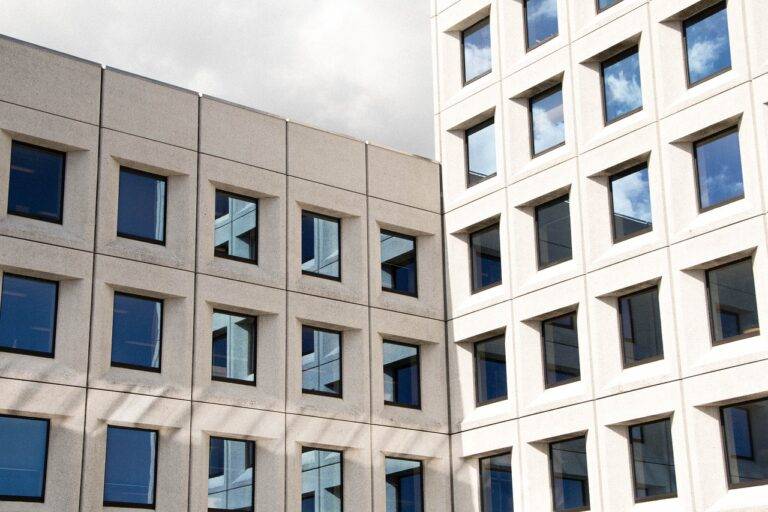Evaluating Home Energy Audits for Improved Efficiency
A home energy audit is a detailed assessment of a home’s energy usage and efficiency. It involves a professional inspection of various components of a home to identify areas where energy is being wasted and opportunities for improvement. By conducting a home energy audit, homeowners can gain valuable insights into their energy consumption patterns and potential cost-saving measures.
During a home energy audit, experts typically examine the insulation, HVAC systems, windows, doors, and appliances in the home. They may also evaluate air leakage, ductwork, lighting, and thermostat settings to get a comprehensive understanding of how energy is being used. The information gathered during the audit helps homeowners make informed decisions about upgrades and modifications that can enhance energy efficiency and reduce utility bills.
Benefits of Conducting a Home Energy Audit
One of the primary benefits of conducting a home energy audit is the potential for significant cost savings. By identifying areas where energy is being wasted or inefficiencies exist, homeowners can make targeted improvements that lead to reduced energy bills over time. This not only helps to lower utility expenses but also promotes overall energy conservation, contributing to a more sustainable living environment.
Another advantage of a home energy audit is the enhanced comfort and well-being it can provide to occupants. By pinpointing areas of insufficient insulation, air leaks, or HVAC inefficiencies, homeowners can make improvements that result in a more comfortable and consistent indoor environment. This can lead to increased satisfaction with living conditions and improved health outcomes for residents, making the investment in an energy audit worthwhile in both financial and personal terms.
Improved energy efficiency leading to cost savings
Promotion of overall energy conservation for a sustainable living environment
Enhanced comfort and well-being for occupants
Identification of areas needing insulation, air leak sealing, or HVAC improvements
More comfortable and consistent indoor environment
Increased satisfaction with living conditions
Improved health outcomes for residents
Common Areas Assessed During a Home Energy Audit
During a home energy audit, professionals focus on various key areas to assess the overall energy efficiency of a property. One of the primary areas examined is the insulation of the home, checking for any gaps, leaks, or inadequate insulation that can lead to energy wastage and increased utility bills. Proper insulation is crucial in maintaining a consistent indoor temperature and reducing the workload on heating and cooling systems.
Another vital element evaluated during a home energy audit is the efficiency of the heating, ventilation, and air conditioning (HVAC) system. Inspectors will assess the performance of the HVAC unit, looking for any issues that may be causing energy inefficiency, such as dirty filters, duct leaks, or outdated equipment. Optimizing the HVAC system can not only enhance energy efficiency but also improve indoor air quality and overall comfort in the home.
What is a Home Energy Audit?
A Home Energy Audit is an assessment of a home’s energy usage and efficiency, conducted to identify areas where energy is being wasted and recommend solutions to improve energy efficiency.
What are the benefits of conducting a Home Energy Audit?
Conducting a Home Energy Audit can help homeowners save money on energy bills, improve indoor comfort, reduce carbon footprint, and increase the overall energy efficiency of the home.
What are some common areas assessed during a Home Energy Audit?
Some common areas assessed during a Home Energy Audit include insulation levels, air leakage, heating and cooling systems, lighting, appliances, and water heating systems. These areas are evaluated to determine where energy is being wasted and where improvements can be made.







